
Read or listen offline
Amazon KindleRecommendation
So you want to sell your products or services to wealthy individuals, but you aren’t exactly sure how to do it? Don’t worry. In many ways, selling to the rich is the same as selling to anyone else you want to convert into a loyal customer, but with a few important twists that might take a little practice. Sure, the wealthy can be more demanding, but the potential return more than justifies the extra effort. Before he distills his techniques down to seven straightforward selling rules that might apply in other circumstances as well, author Matt Oechsli provides survey-generated facts about the wealthy. This book overflows with axioms, "commandments," checklists, fill-in-the-blanks, calendar schedule pages, diagrams for business cards and numbered lists. All the sidebars suggest that there is science as well as "art" in selling to affluent buyers. getAbstract.com recommends this book for its useful insights into the high-stakes business of luxury sales.
Summary
About the Author
Matt Oechsli is the founder and president of the Oechsli Institute, a consulting and research firm. Its clients include credit card firms, major accounting firms, banks and investment firms. He speaks frequently on how to attract, serve and retain affluent clients and customers.









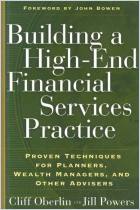
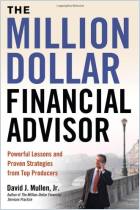
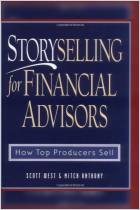
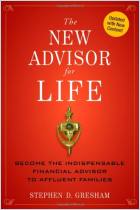
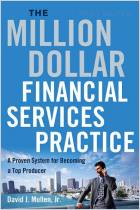
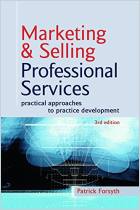


Comment on this summary or Comenzar discusión